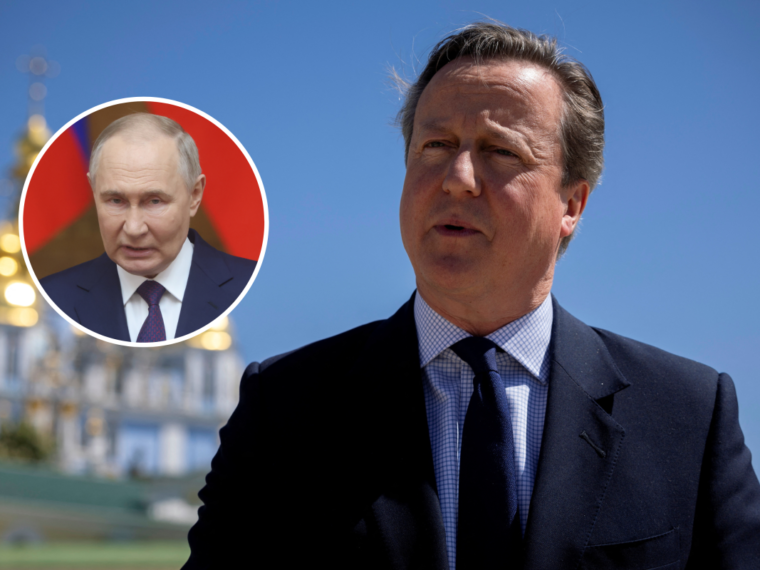On Monday, Moscow issued a threat, stating it would target British military installations inside Ukraine and elsewhere if Kyiv’s forces utilized British-supplied long-range missiles against Russia. This threat came after British Foreign Secretary David Cameron authorized Kyiv to use such weaponry in self-defense.
During a recent visit to Kyiv, Cameron expressed support for Kyiv’s right to defend itself by using British long-range weapons to target Russian territories. He emphasized that the UK did not impose any restrictions on how Ukraine could use the supplied arms.
In response, the Russian foreign ministry summoned British Ambassador Nigel Casey in Moscow, warning that Moscow would retaliate against any UK military facility or equipment on Ukrainian soil and beyond if Ukrainian forces deployed British-supplied weapons against Russia.
Russia also announced plans for new nuclear weapons drills near Ukraine’s borders, citing perceived threats from Western leaders and NATO’s military exercises in the region.
Meanwhile, Ukraine reported restoring power to hundreds of thousands of people affected by Russian strikes on energy facilities. However, challenges remain in maintaining the country’s electricity infrastructure amid ongoing attacks.
Russian forces intensified attacks on regions like Sumy and Kharkiv, raising concerns of a potential ground offensive. Despite Ukrainian efforts to defend against Russian advances, Moscow claimed to have captured two more villages in Ukraine.
In a tragic incident, officials in western Russia reported that a Ukrainian drone attack killed at least six people in the Belgorod region near the Russia-Ukraine border. Ukrainian air defenses intercepted several drones launched by Russian forces in overnight attacks over the Sumy region.
The situation remains tense, with Ukraine awaiting critical weapons supplies from the United States while facing escalating aggression from Russian forces.





